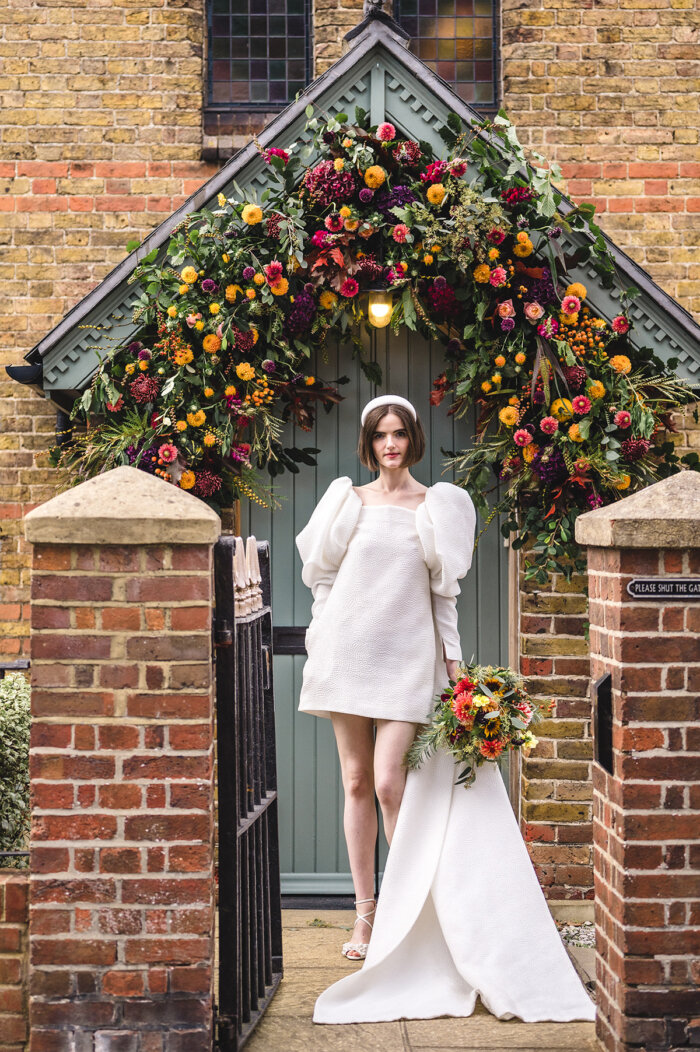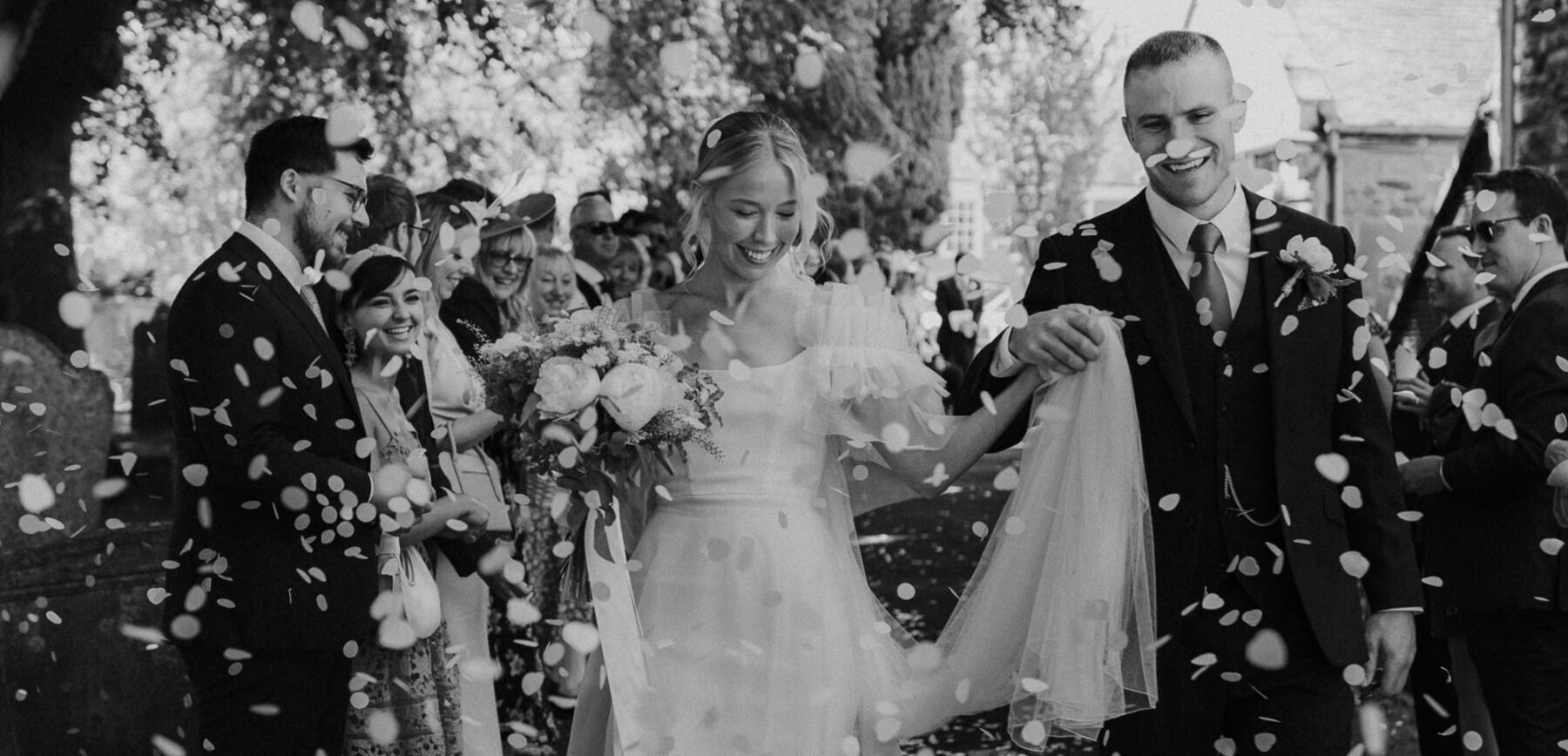Thank you so much for your kind and loving responses to the first part of this feature, where I introduced you to my daughter Carys, who was born with Williams Syndrome. Your replies say everything about the community, that even in these very early days is forming around A Life Loved.
The Reality
Discovering the reality has been more of a slow burn, finding out information step by step, which I think has worked better for us than being hit with a massive amount of depressing medical jargon.
There have been sobering moments.
I will never forget our first appointment with a senior heart specialist when Carys was about 4 months old. We had previously been told that her heart condition was mild so we didn’t expect any harrowing news but the specialist’s face changed when I asked about her life expectancy. He said quite definitely that her life would be ‘significantly reduced’ though he was loathed to put an age range on this.
Afterwards, I did my own research and discovered there have been no studies undertaken about WS and life expectancy and obviously in his field he would only see those individuals who have more serious heart conditions. However, at the time, this news was horrifying.
[instagram url=https://www.instagram.com/p/BYvSqfzh3qU/?taken-by=mamaloveyogalondon hidecaption=true]
Despite a comprehensive report identifying the exact genetic material that Carys is missing, no one can tell us how she will be affected other than she has a ‘classic deletion’ found in Williams Syndrome. We think this means she is probably mid-way on the spectrum but only time will tell.
We have read that the majority of adults with WS do not live independently, have a job or get married and need on-going medical intervention and support throughout life. However, every child is unique and we are not set in our expectations of what Carys may achieve.
It is normal to grieve for the loss of the baby you thought you would have. Rob and I somehow managed to do this quite quickly but of course this isn’t always the case. Fortunately there is support available. The Williams Syndrome Foundation is a charity set up by volunteers, all of who have been affected by WS, within their own families or friends. This charity is an immense source of information, support and a community for new parents. We would have felt lost at sea without their initial guidance.
How is Carys doing now?
At this time she is doing really well. She was walking before 2 years old, which we did not expect and she loves her food despite being weeny even for a child with WS. Her heart condition is mild and her high BP is currently being managed with medication. She has delayed understanding and communication and she is often mistaken for a much younger child.
She may be small but she is mighty.
She may need surgical procedures as she grows but at the moment we feel very lucky that she is physically well. This is not the case for many children with WS. Some need open heart surgery to correct severe stenosis and, sadly, not all of them survive.
And what else? Well, she is obsessive about eating sand, pebbles and soil so has to be watched at all times when we are out. She has absolutely zero fear of animals and people – cute in a toddler but potentially dangerous as she gets older.
[instagram url=https://www.instagram.com/p/BX1-b26B7OK/?taken-by=mamaloveyogalondon hidecaption=true]
She has a myriad of medical and education professionals around her and a hectic diary of hospital appointments and therapies. But every time I am cursing an inconvenient appointment, I remind myself that we are blessed with the NHS and their vigilant monitoring.
Personally, I made the decision to leave a job I had worked hard to establish so I can manage all her appointments and be there for all my children. Ultimately this has worked out for the best but at the time it was a difficult decision to make. I am working part time now as a yoga teacher so I can juggle all the childcare plates without too many smashes.
If I allow myself to go there, I would say my main worries are about the future. At her current rate of development, I cannot imagine how she would cope at a mainstream school and we really don’t want to separate her from her sister. I am also dreading the time when she realises that she is ‘different’ and may suffer from common WS symptoms of anxiety and depression. Of course, I also worry about her medical condition deteriorating too but it is mainly her day-to-day happiness I wish for.
Our Golden Time
We believe that this is our golden time with Carys, before the challenges of school and the heartaches of puberty, so we may as well enjoy it. Our job is to make sure that Carys has a happy childhood and a full, rewarding life. That she feels safe, loved, valued and important.
So I push my worries about the future to one side and I make a conscious effort to stay in the present and appreciate our tiny child. And Carys is a beautiful, luminous little girl with a heart-melter of a smile.
She loves cutting shapes on the dance floor, hugging and greeting everyone, stealing her daddy’s dinner, making mud pies in the garden and belly-holding, floor-slapping giggle fits with her sister. That is who she is now and we thank our lucky stars for her.
[instagram url=https://www.instagram.com/p/BS54p-yjiP4/?taken-by=mamaloveyogalondon hidecaption=true]
I will keep writing about Carys as she grows, whatever the future holds. Carys is not a burden and she is not a disappointment. She is a gift. She has taught us how to be a family we want to be – to laugh every day and dance in the kitchen.
We are way more than ok.
The UK’s volunteer-run charity can be found at williams-syndrome.org.uk.






